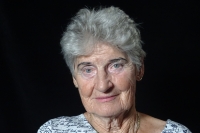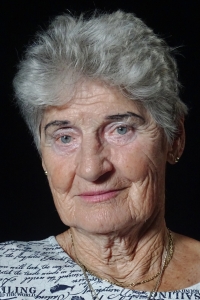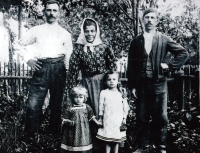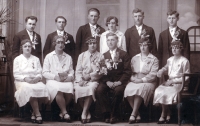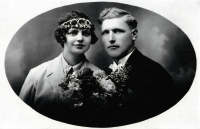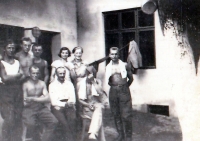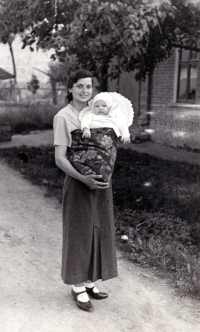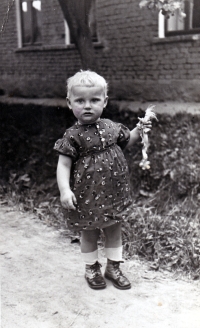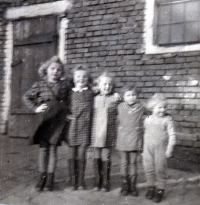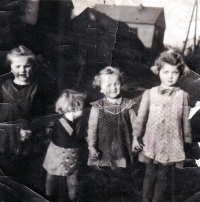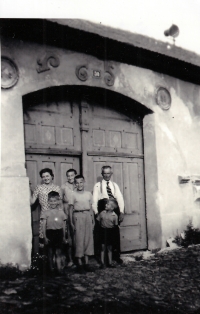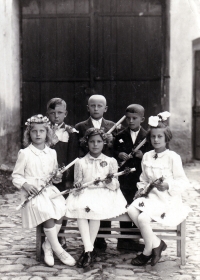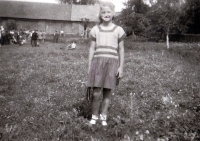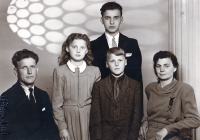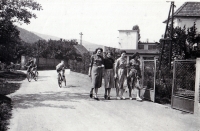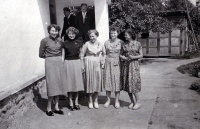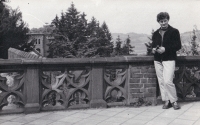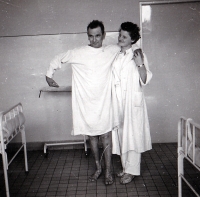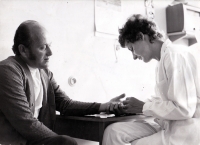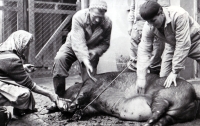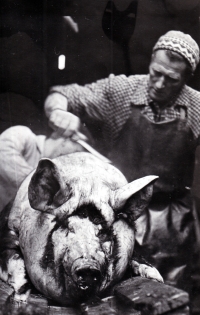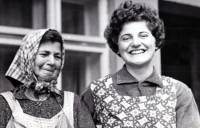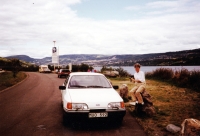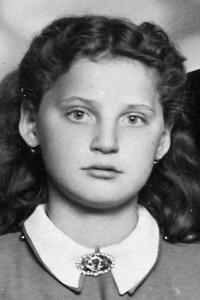The placement in Ostrava seemed like a punishment
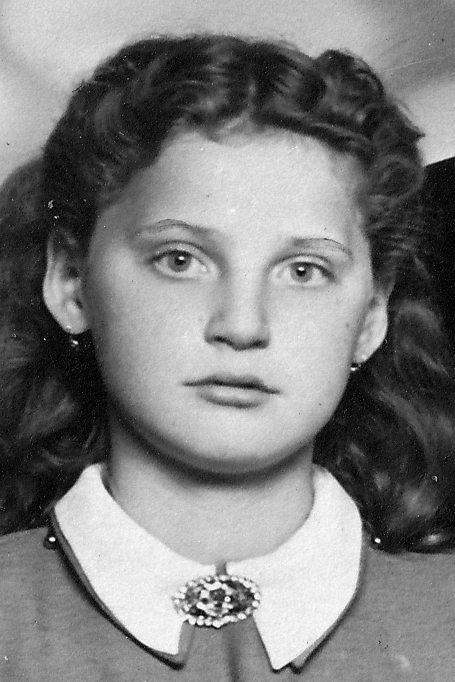
Download image
Anna Žátková, née Vymazalová, was born on 28 February 1937 in Dědice near Vyškov. Her father was a carpenter. He and his wife built a house in the hamlet of Hamiltony, to which belonged a small farm. Nearby was a military training ground of the Czechoslovak army. After the occupation of Czechoslovakia by Nazi Germany in 1939, the Wehrmacht occupied the training area. Under the pretext of expanding it, the Reich Protector ordered the eviction of thirty-three surrounding villages, including Hamiltony. The family of the witness was displaced in the first wave in March 1941. Anna and her parents spent the rest of the war and the first post-war years in the settlement of Slavíč near Hranice in the Přerov region. Then she returned to her family home in Hamiltony. She graduated from the newly established rehabilitation worker’s course at the medical school in Brno. After graduation in 1955, she started working at a hospital in Ostrava-Zábřeh. For six years she worked as a rehabilitation nurse in the burn ward. In 1962 she moved to the newly opened Mining Clinic in Ostrava. Miners from the Ostrava shafts were treated there. Anna Žátková worked there as head nurse of the rehabilitation department. In 2023 she lived in Ostrava-Poruba.
